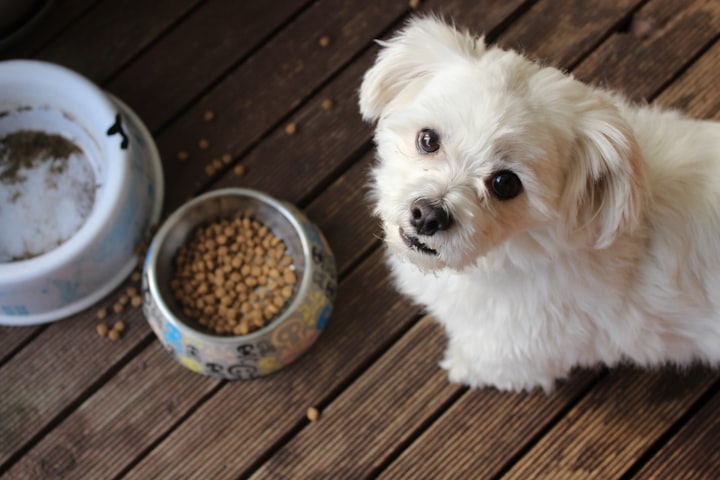How to handle your dog?
It's important to respect your dog's boundaries

It's important to respect your dog's boundaries and not force them to be handled if they are uncomfortable. Instead, try working with a positive reinforcement trainer to help your dog learn to enjoy being handled. Here are some tips to get started:
Start slow and give your dog plenty of time to get used to being touched. Begin by petting your dog in areas where they are comfortable, such as the chest or back, and gradually work your way to less comfortable areas.
Use treats as a reward for good behavior. Give your dog a treat every time they allow you to handle them, and gradually increase the duration of the handling over time.
Practice handling exercises in a calm and quiet environment. This will help your dog feel more relaxed and less stressed.
If your dog becomes anxious or uncomfortable during handling, stop immediately and give them a break. It's important to listen to your dog's body language and respect their boundaries.
It may also be helpful to seek the advice of a veterinarian or a professional dog trainer for additional guidance.
There are a few key things to remember when handling your dog:
Always use a gentle and kind touch when handling your dog. Avoid pulling or tugging on their leash or collar, as this can cause discomfort or even injury.
Use positive reinforcement techniques such as treats or praise to encourage good behavior.
Make sure your dog is properly trained and socialized, as this will make handling them easier and more enjoyable.
Use a harness or leash when walking or handling your dog in public to ensure they are under control at all times.
When picking up your dog, make sure to support their back and hind end to prevent injury.
If your dog becomes anxious or aggressive when being handled, it is important to seek the help of a professional trainer or behaviorist to address and resolve these issues.
Always make sure your dog is wearing a collar with identification tags, and is properly leashed when in public or in areas where it is required.
Use positive reinforcement training techniques, such as treats, praise, and play, to teach your dog good behavior. Avoid using punishment or physical force as this can lead to fear and aggression.
Provide your dog with regular exercise, both mental and physical, to keep them healthy and happy. This can include walks, runs, playtime, and training sessions.
Provide your dog with proper nutrition and care, including regular grooming and dental care.
Monitor your dog's behavior and body language to understand their needs and moods. If your dog is showing signs of stress or discomfort, give them space or remove them from the situation.
Follow all local laws and ordinances related to dog ownership, including licensing and vaccination requirements.
Keep your dog up to date on all necessary vaccinations and preventative care, including flea and tick treatment and heartworm prevention.
Never leave your dog unattended for long periods of time, and make sure they have access to water, shelter, and a safe place to rest.
Always supervise your dog around children and other pets, and teach them appropriate behavior around people and animals.
Seek the help of a professional trainer or behaviorist if you are experiencing issues with your dog's behavior. It is important to address any issues early on to prevent any problems from worsening.
Make sure your dog is properly trained and understands basic obedience commands, such as sit, stay, and come.
Use a leash when walking your dog to maintain control and prevent them from running off or approaching strangers or other dogs aggressively.
Use positive reinforcement training methods, such as treats and praise, to encourage good behavior. Avoid using physical punishment or yelling at your dog.
Keep your dog up to date on all necessary vaccinations and preventative care, including flea and tick prevention and regular check-ups at the vet.
Keep your dog groomed regularly to maintain their health and prevent any potential problems, such as matting or excess shedding.
Provide your dog with plenty of mental and physical stimulation, including walks, playtime, and interactive toys.
Never leave your dog alone for long periods of time without supervision. Provide them with a safe, comfortable space to rest when they are not with you.
Monitor your dog's behavior and pay attention to any changes or abnormalities, as they may be indicators of health issues or other problems.
Stay calm and patient with your dog, and always treat them with kindness and respect.
About the Creator
Sabih Ul Hassan
"If you look to others for fulfillment, you will never be fulfilled. If your happiness depends on money, you will never be happy with yourself. Be content with what you have; rejoice in the way things are.






Comments
There are no comments for this story
Be the first to respond and start the conversation.